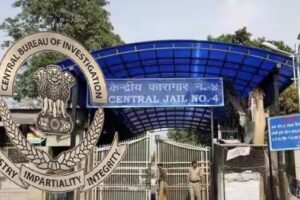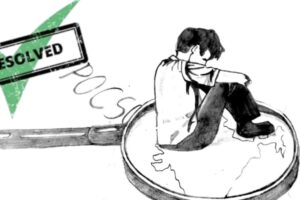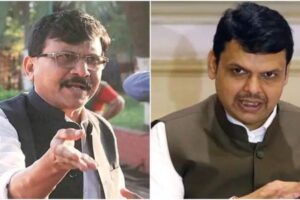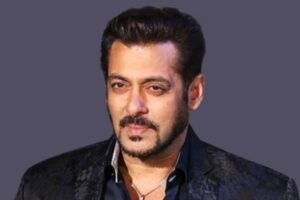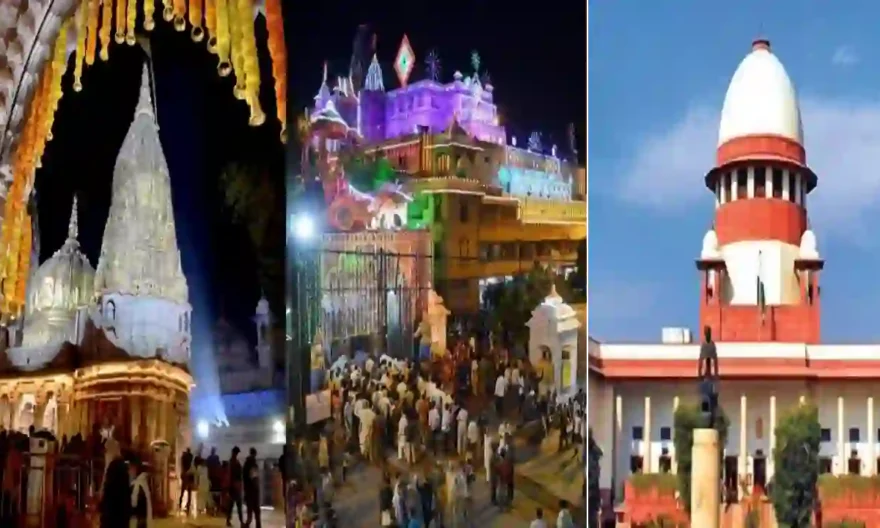
Today can be a very heated day in the Indian Judiciary. From Prayag raj to Mathura and in Delhi de Dharmasthalas and Dharmik Dharmantarn (Religious conversion) disputes are to be heard. while Prayag raj means at Allahabad High Court to resume hearing on Gyanvapi-Adideshwara Shivling case then Mathura to hear Sri Krishna Janm sthal vs Eidgah dispute.
In Delhi Means at Supreme Court of India to hear further the case of Religious based Conversion. On Last Date the bench of Justice Mr Shah and Justice Hima Kohli remarked that religious conversion could be a serious threat to National Security.
Expressing grave concern over alleged religious conversions by use of force, allurement and deception, the Supreme Court on Monday warned that this posed “a very serious threat to the security of the country” and sought a detailed affidavit from the government on the steps being taken to curb this “dangerous trend”.
Earlier, Hearing a PIL filed by advocate-petitioner Ashwini Upadhyay, a bench of Justices M R Shah and Hima Kohli told solicitor general Tushar Mehta that “everyone has the freedom of conscience to choose a religion. But religious conversions through force or any kind of temptation is a dangerous thing which must be stopped”. Mehta said, it is common knowledge that conversions are rampant in tribal areas, where the poor and innocent are allured to convert in exchange of rice, wheat and money. The Justice Shah-led bench said if it has been happening in the tribal areas for quite some time, “what have the Union and state governments done to stop this?”
The SG said such methods employed to convert is impermissible under the Constitution, which reflects the aim and objective and sentiments of the Constitution framers. Legislations enacted by the Odisha and Madhya Pradesh governments against forcible conversions have been upheld by the SC, he added. The bench said often the states don’t file complaints against such conversions.
“The Centre must step in (to curb this),” it said, adding, “right to freedom of religion (under Article 25) does not mean use of force, allurement or deception. If the incidents alleged in the PIL are true, it is a very very serious matter. The Centre must make clear its stand on this issue.”
Justices Shah and Kohli said such incidents “may affect the security of the nation and violate citizens’ right to freedom of conscience and right to freely profess, practice and propagate religion”.
“It is better that the Union government clarifies its stand and files a detailed affidavit on the steps being taken by it and state governments to stop conversions through use of force, allurement and deception,” the bench said while directing the Centre to file its affidavit by November 22. It posted the hearing for November 28.
Upadhyay in his PIL alleged that “mass religious conversions of socially and economically underprivileged persons, particularly belonging to the Scheduled Caste and Scheduled Tribe communities, are on a steep rise in the last two decades”.
He alleged that “intimidation and exploitation of the most vulnerable segments of society are primarily rooted in a surge of international conversion campaigns.
solicitor general of India Tushar Mehta told the court that it is common knowledge that such conversions are rampant in tribal areas, and Government taking appropriate measures to curve this Issue.


